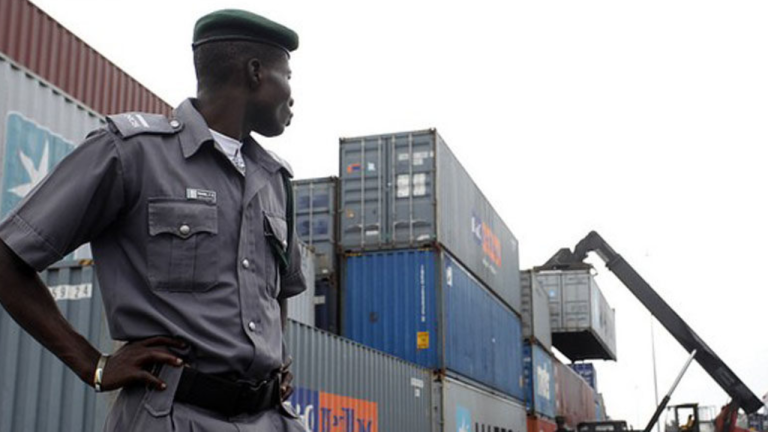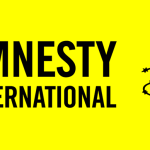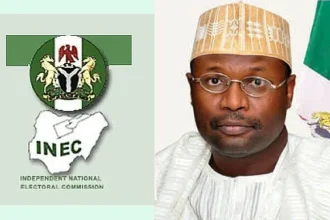Importers in Nigeria may soon find relief as the Federal Government considers eliminating the seven per cent surcharge on imports, a move expected to reduce import duties and stimulate business activity across the country.
At a stakeholder town hall meeting on the newly launched B’Odogwu clearance system, held on Monday, Comptroller General of the Nigeria Customs Service, Bashir Adeniyi, revealed that the proposal to scrap the surcharge is currently undergoing legislative review.
Adeniyi noted that once the surcharge is removed, import duty costs across all cargo categories would fall, potentially drawing more investment and trade into Nigeria’s ports.
In the broader scope of trade reform, the Nigeria Customs Service and the Central Bank of Nigeria reaffirmed the Federal Government’s dedication to implementing stakeholder-driven policies, indigenous technological solutions, and transparent communication strategies aimed at boosting Nigeria’s competitiveness in global customs operations and trade facilitation.
Themed “Enhancing Trade Compliance and System Optimisation Through Stakeholder Engagement,” the meeting brought together a wide range of trade ecosystem players, importers, freight forwarders, terminal operators, regulators, financial institutions, and members of the platform’s technical team.
Adeniyi stressed the role of stakeholder feedback in shaping the new automated platform, especially in terms of user experience and support for local innovation.
He acknowledged challenges users have faced during the transition from NICIS II to Oduduwa, such as login issues and payment delays, assuring attendees that consultations with authorised banks were already underway to resolve these glitches.
Further pushing for inclusive communication, Adeniyi urged that user materials be developed in local languages and Pidgin English to ensure accessibility at all levels.
He also urged patience and cooperation from stakeholders, highlighting the high cost of implementing advanced technological systems.
Meanwhile, Tiku Allu, Head of Import and Relations Trade at the CBN, called for broader representation of the apex bank in technical committees working on trade and payment issues.
He underscored the need for strategic collaboration to address persistent bottlenecks in the nation’s import-export landscape.
“If technical committees are working around issues involving payments, it would be beneficial for the CBN to be involved. That way, we can ensure that concerns are channelled into the proper process for peace and effective resolution,” Allu said.
He added that the CBN continues to study Nigeria’s trade dynamics to identify problem areas and ensure its policies are aligned with broader financial and economic goals.
At a panel discussion, Olusina Ogunlesi, Factory Logistics Manager at British American Tobacco (BAT), described the transition challenges BAT faced with the new clearance platform.
He emphasized that “some agencies still insist on parallel verification, which undermines the efficiency we are trying to build. We need stronger trust in the system, not just from users but also from the regulatory authorities.”
Ogunlesi advocated for continuous engagement between institutional players, Customs, trade regulators, and international partners, while citing differences in trade protocols BAT has encountered in various countries, including Nigeria and Mexico.
To improve trade outcomes, he proposed streamlining income tax and compliance frameworks to reduce inconsistencies across jurisdictions.
Head of the Standards Organisation of Nigeria Conformity Assessment Programme in Lagos, Francis Onyeji, highlighted the critical need for early and thorough verification of trade certifications.
“We expect that all certifications should be verified before the goods even arrive up to two years in advance, if necessary, to avoid disruptions,” he said.
Onyeji also emphasized adherence to regulatory quality standards to safeguard consumers and ensure that imports meet Nigeria’s compliance benchmarks.
He called for enhanced collaboration among importers, exporters, and corporate clients to improve productivity and reinforce Nigeria’s trade infrastructure.
He concluded that ongoing dialogue and active stakeholder involvement remain essential to building a resilient, growth-friendly business environment.







